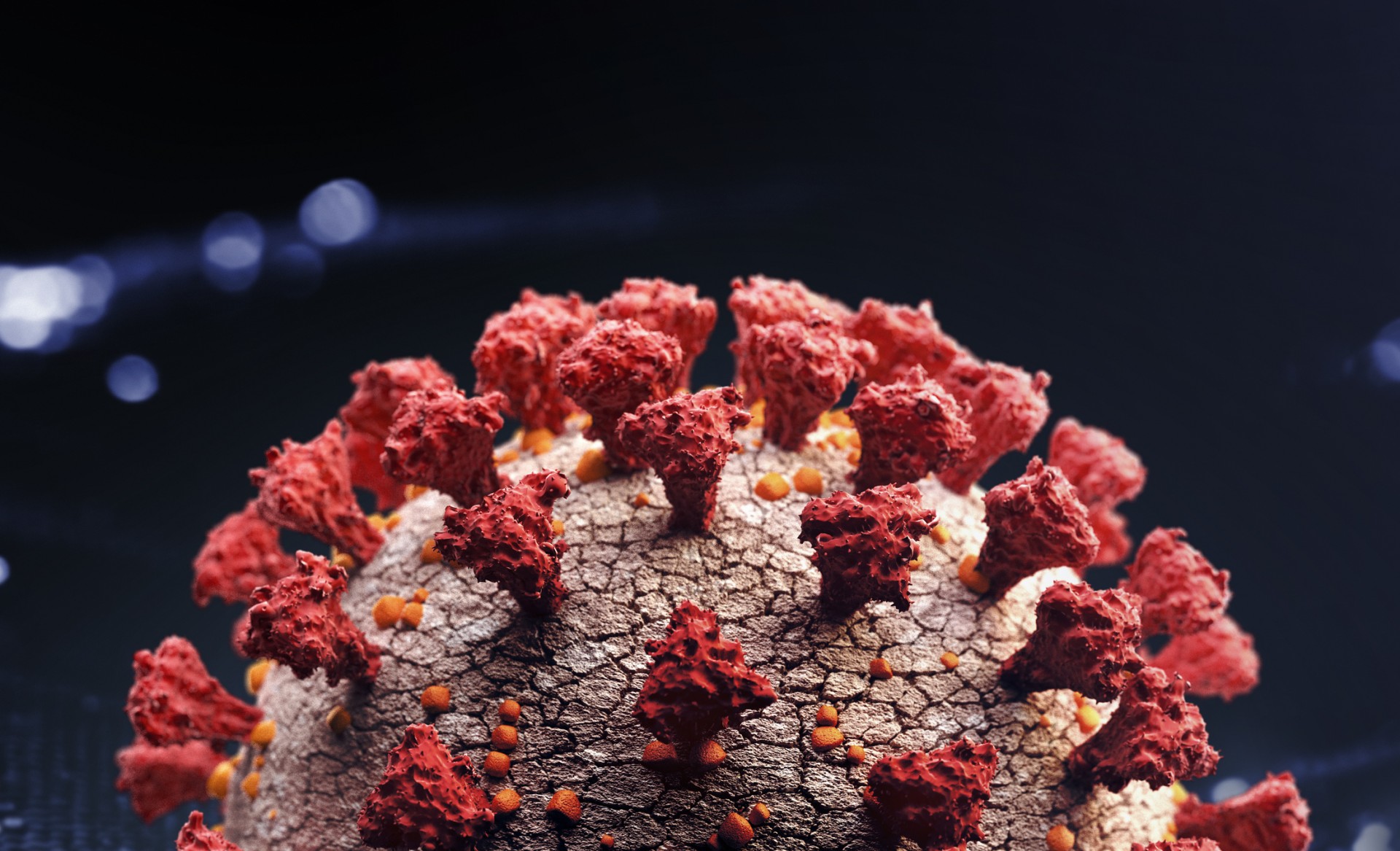Long COVID-19 and the Heart
Smidt Heart Institute Experts Highlight What They Now Know About the Impact of the Virus on the Heart
After treating COVID-19 survivors for nearly two years, cardiologists in the Smidt Heart Institute at Cedars-Sinai highlight what they have learned about the impact of the virus on the heart—and how to most effectively treat patients who are recovering from these varying conditions.
“Since our clinic founding in late 2020, we have treated more than 100 patients with specific heart-related concerns due to COVID-19,” said Siddharth Singh, MD, director of thePost COVID-19 Cardiology Clinic in the Smidt Heart Institute. This first-of-its-kind program was created uniquely for COVID-19 survivors, with an added goal of aiding ongoing research.
concerns due to COVID-19,” said Siddharth Singh, MD, director of thePost COVID-19 Cardiology Clinic in the Smidt Heart Institute. This first-of-its-kind program was created uniquely for COVID-19 survivors, with an added goal of aiding ongoing research.
The take-home message, which Singh hopes will bring a sense of comfort to virus survivors, is that long-lasting damage to the heart due to COVID-19 is rare and treatable.
“We are encouraged that patients are recovering from long COVID-19 and getting back to their everyday activities and lives,” said Singh, also an assistant professor of Cardiology at Cedars-Sinai.
Who is At Risk?
As COVID-19 continues to spread around the world, researchers have learned that the cardiovascular system can be affected in patients who experienced minor or no symptoms as well as patients who were severely ill with the virus.
“Patients with preexisting heart and vascular issues may be at an increased risk for developing long-lasting complications from COVID-19,” said Eduardo Marbán, MD, PhD, executive director of the Smidt Heart Institute and the Mark S. Siegel Family Foundation Distinguished Professor. “Given the ubiquity of COVID-19, recognition of potential long-term health issues is important as we learn more about the virus and its aftereffects.”
The major cardiovascular issues affecting COVID-19 survivors include problems with fast heart rate and lightheadedness, especially when upright—also referred to as postural orthostatic tachycardia syndrome (POTS), or dysautonomia—chest pain linked to inflammation in the lining of the sac that surrounds the heart, difficulty exercising due to shortness of breath, and heart arrhythmias.
“For these conditions, we have utilized well-studied cardiovascular therapies to treat patients,” said Singh.
In patients with problems related to fast heart rate and lightheadedness, Singh says he and colleagues have found treatment success with generous hydration, increasing salt intake, careful use of beta blockers and gradual increase of physical activity, especially exercises performed in a seated or recumbent position.
For patients with chest pain linked to inflammation in the lining of the sac that surrounds the heart, known as pericarditis, the Smidt Heart Institute team has prescribed anti-inflammatory medications and drugs that modulate the body’s immune system. In patients with decline in the pumping function of the heart due to COVID-19, which reassuringly is not common, medications often used in treating heart failure have been effective, Singh said.
“In hospitalized patients with declining heart function due to severe COVID-19 infection, immune modulating therapies—and at times support devices for the heart—have also been used,” said Singh. “In some patients, worsening in blood pressure control can be noted during recovery, and this can be reliably managed with conventional blood pressure medications.”
Smidt Heart Institute patients experiencing shortness of breath also undergo a comprehensive lung evaluation with pulmonologists.
Longterm Effects
“In less than two years since launching this critical program, we have learned a great deal about the long-term effects of the virus on the human body, including the heart,” said Marbán. “Our COVID-19 recovery clinic will follow patients over time to determine any long-lasting effects on cardiovascular health.”
Marbán notes that patients will also be given an opportunity to enroll in research studies examining disease associations and any potential treatments.
“Just as it was before coronavirus existed, the utmost goal of the Smidt Heart Institute is to treat the full spectrum of heart disease and disorders, while our investigators continue to advance the field with groundbreaking, lifesaving research,” Marbán said. “As COVID-19 continues to dominate lives, our team will continue to do our part in solving the many complex issues it causes.”
Read more from the Cedars-Sinai Blog: COVID-19 Treatments: New and Developing Therapies




